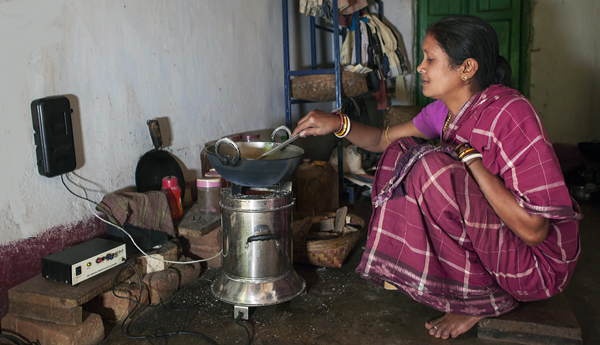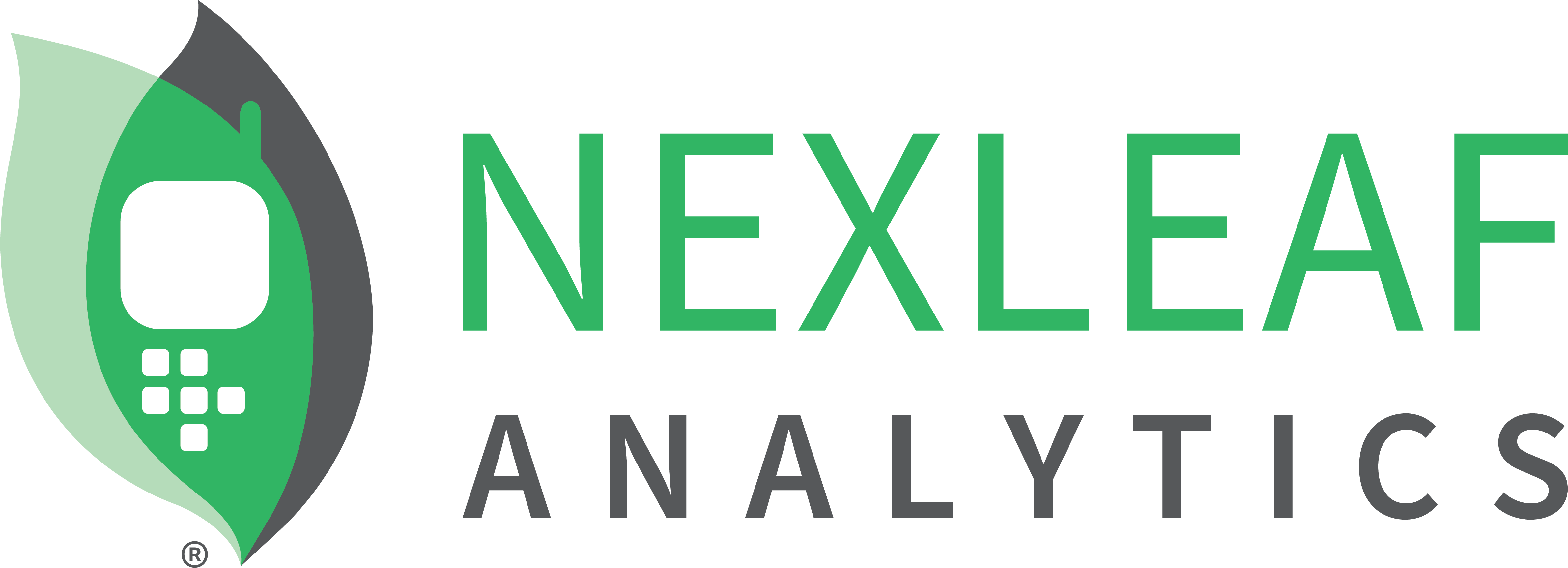
An article published in Nature Climate Change this week demonstrates how data from Nexleaf’s StoveTrace platform is helping break down barriers to achieving safe, clean, modern energy access for all.
A view-only copy of the full text of the article can be accessed here. The abstract is available here.
The method described in the article, which is called Sensor-Enabled Climate Financing (SCF), brings together cutting-edge climate science, rugged StoveTrace wireless sensors, and market-based mechanisms to make clean cooking affordable for the poorest 3 billion. With this method, a rural woman receives a small loan to procure a clean cookstove. StoveTrace sensors then collect real-time data on her cookstove usage, and the woman receives usage-based payments from a climate fund for the carbon emissions she mitigates by using the clean cookstove. The SCF method enables even extremely low-income women to afford clean cookstoves.
Nexleaf gathered the clean cookstove usage data featured in the Nature Climate Change article from very low-resource areas of Odisha, India, where there is little modern infrastructure. “We’ve been working on this problem since we started,” says Martin Lukac, CTO of Nexleaf. “We struggled to build a robust sensor. Our early probes burned off. But we knew it was important to get data flowing in these remote areas, to connect rural women to climate financing, and also to make sure that the clean cookstoves continue to work for the women over time.”
As a non-profit organization grounded in field engagement, Nexleaf strives to create low-cost technology and data analytics tools that address the needs of people living and working on the front lines of global public health and climate change. “Connecting women to climate financing gives them a way to afford to pay for their clean cookstove,” says Tara Ramanathan, StoveTrace Program Director at Nexleaf and primary author of the Nature Climate Change article. “They become actively engaged in the cookstove value chain, improve their quality of life, and protect the planet.”
SCF was developed by Project Surya, an international collaboration among the University of California at San Diego, Nexleaf Analytics, and The Energy and Resources Institute of Delhi. Project Surya partners tested the SCF model in 4,038 Indian households with funding from Leslie & John “Mac” McQuown. Nexleaf’s first StoveTrace funder was Qualcomm Wireless Reach, which continues to support the program. StoveTrace has also received support from Beneventures Foundation, Mulago, The World Bank, Ellen Lehman & Charles Kennel, Joy & Ed Frieman, and Henning Rodhe.
Learn more about Nexleaf’s StoveTrace program here.
